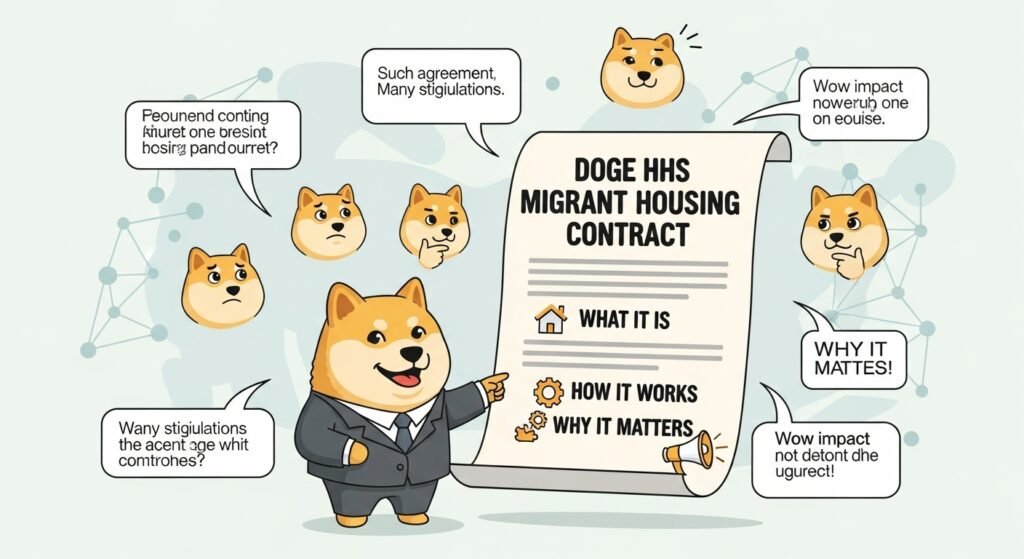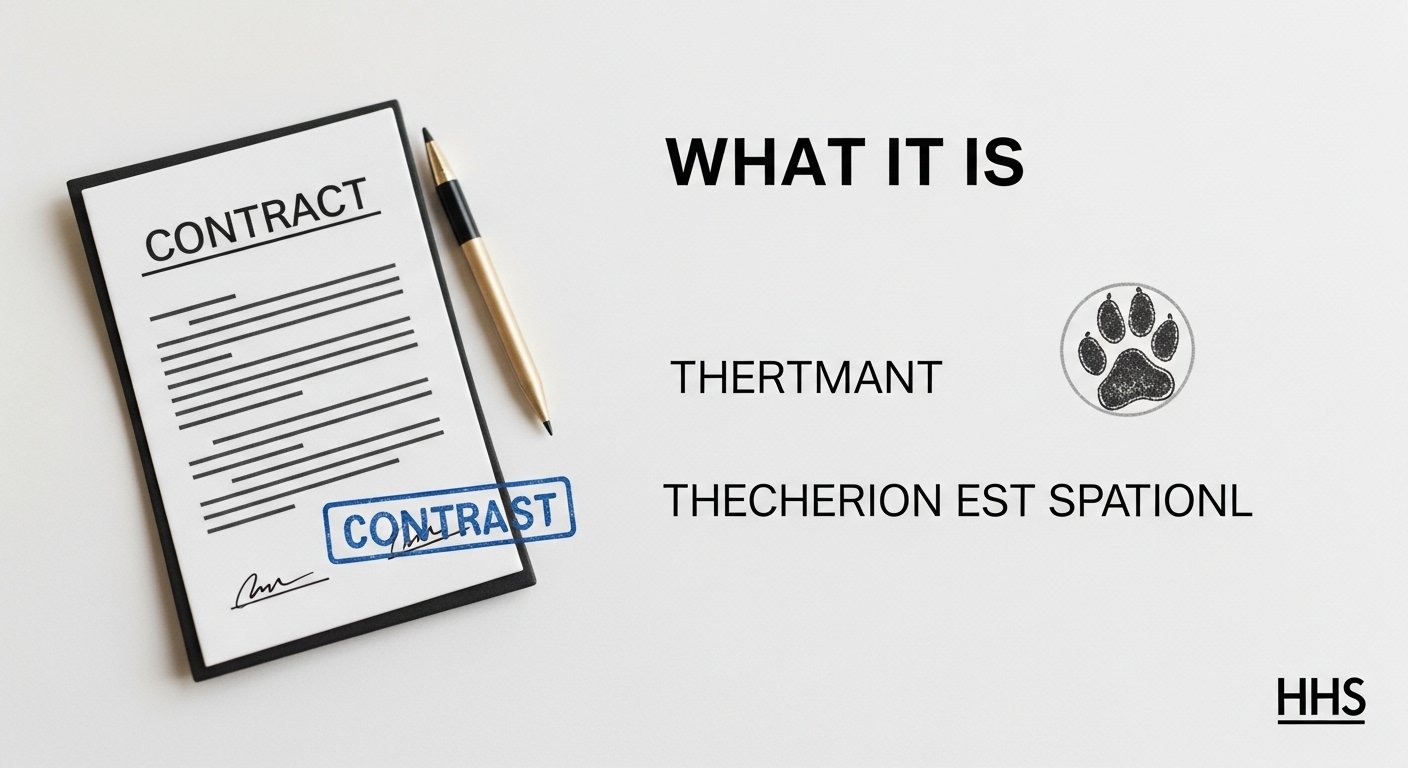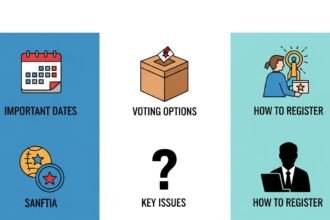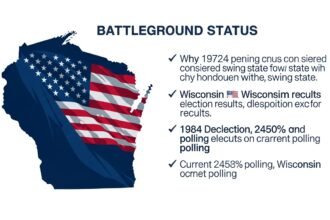Let’s talk about something important but often misunderstood—the Doge HHS migrant housing contract. Big words, right? But don’t worry, we’ll keep it simple. This contract is all about how the U.S. government, especially the Department of Health and Human Services (HHS), works with private companies to house migrant children who arrive alone at the U.S. border. One of those companies connected to this story is Doge, a lesser-known but highly discussed contractor that accepted a deal to provide emergency shelter. There has been a lot of interest and even concern about how this contract started, what it offers, and if it’s doing things the right way. In this article, we’ll walk through everything in easy-to-understand language. By the end, you’ll know what the Doge HHS migrant housing contract is really about and why people are talking about it.
What Does HHS Do for Migrant Children?
The United States Department of Health and Human Services, known as HHS, helps take care of children who come to the U.S. without an adult. These children are called “unaccompanied minors.” It’s a big job, and HHS must make sure these kids are safe, have food, shelter, and medical care. They eventually try to reunite them with family or guardians living in the U.S., or help find sponsors. But until then, these children need a place to stay—and that’s where housing contracts like the Doge HHS migrant housing contract come in. HHS doesn’t build shelters on its own. Instead, it hires private companies who can provide space, beds, and support. That’s why choosing the right company is so important.
Who or What Is Doge?
In the case of the Doge HHS migrant housing contract, Doge refers to a company—not the famous Dogecoin, and not the meme with the Shiba Inu dog. This Doge company is linked to a business involved in government contracts. The name caused confusion at first, but it’s different from online jokes or cryptocurrency. Doge was selected by HHS to help set up emergency housing for unaccompanied migrant children. While Doge was not a household name, it became widely recognized after taking on one of the larger and more surprising contracts. People started asking questions—why Doge? What experience did they have? Was this the right choice?
What Is in the Doge HHS Migrant Housing Contract?
The Doge HHS migrant housing contract is a formal agreement where Doge is paid by HHS to help set up space for migrant children. This includes shelter buildings, food service, beds, health services, adult staff, and security. The contract outlines how long the company will work, what it must deliver, how much it gets paid, and how it must treat children under its care. In some reports, the contract was worth millions—attracting major attention. This raises natural questions about transparency, performance, and how the government selects companies to work with in urgent situations.
Why Did Doge Get the Contract?
People were surprised when Doge received such a large and important contract. Many asked, “Did Doge have experience working with children or running shelters?” That’s one of the key reasons the Doge HHS migrant housing contract received so much attention. Critics said Doge had limited background in child services or emergency housing. Supporters argued the need was so urgent that HHS had to move fast and work with whoever could deliver quickly. The situation at the border made emergency contracts necessary, but these contracts still need to be reviewed carefully to avoid mistakes or poor care. Choosing a company with proper experience is important when children’s safety is at risk.
Emergency Contracts: How They Work in Crisis Situations
Emergency contracts are special. When there’s a sudden need—like a high number of migrant children arriving—HHS can skip the usual long bidding process to get help fast. That’s likely how the Doge HHS migrant housing contract came to be. The government had to act quickly. However, acting fast doesn’t always mean making the best choice long-term. In urgent cases, flexibility is key, but so is oversight. That means even emergency contracts should be watched closely to make sure kids are safe and treated fairly. People want to know that even in a rush, children’s needs come first, not just convenience or cost-cutting.
Concerns and Controversies Around the Contract
The Doge HHS migrant housing contract has raised some serious concerns. Some people are worried about the company’s ability to care for vulnerable children. Others say the process for awarding the contract wasn’t as strict as it should have been. Transparency became a hot topic—how was Doge chosen? What background checks were done? Were better-qualified companies overlooked? These aren’t just political questions. They matter because real kids are involved. If something goes wrong in one of these shelters, those children could be hurt physically or emotionally. That’s why the public, the media, and some lawmakers are keeping a close eye on this contract.
What Happens Inside These Emergency Shelters?

When people hear about the Doge HHS migrant housing contract, they often wonder what’s actually inside the shelters. What are the children experiencing? In general, these emergency shelters are supposed to offer safe sleeping spaces, regular meals, medical checks, emotional support, and access to phones to contact family. Staff should be trained to work with children who may be scared, sick, or unsure where they are. However, critics worry that not all shelters meet these standards. Hiring enough trained staff is hard during a crisis. The contract should spell out what’s required for daily care, so everyone knows what to expect—but following the contract is key.
Oversight and Accountability: Who’s Watching?
One big question surrounding the Doge HHS migrant housing contract is: who makes sure things are done right? Normally, HHS or other watchdog agencies check on contractors to make sure they’re following rules. But during emergencies, oversight sometimes gets delayed. That’s a problem because children’s lives are at stake. Human rights groups, journalists, and even Congress members have demanded more answers. They want to know: are the kids safe? Are they cared for properly? Were federal dollars spent wisely? Oversight is not just a good idea—it’s a must when working with vulnerable children. Every contract needs a clear plan for follow-up, checks, and reviews.
How Much Money Was Involved and Why It Matters
Reports say the Doge HHS migrant housing contract was worth tens or even hundreds of millions of dollars. That’s a lot of money for an organization that didn’t have a long record in this field. These large sums make people ask hard questions. Could the money have gone to more experienced providers? Was the pricing fair? Did the company meet all of its promises? Contracts like this must show responsible use of tax dollars. When so much public money is involved, there needs to be openness. People want to know their money is helping children, not disappearing into poorly managed programs.
Who Speaks for the Migrant Children?
When we talk about the Doge HHS migrant housing contract, we cannot forget the most important point: the children. Behind every contract are real kids, many of whom have traveled long distances alone. Some fled violence. Others were separated from their parents. These children need care, healing, and protection—not just a cot and a meal. It’s important that their voices are not lost in the debate. Child advocates, lawyers, and nonprofit groups try to check in on these shelters and make sure children are safe. These groups often step in to report problems and give the children a voice when something goes wrong.
What Could Be Improved Going Forward?
Looking at the Doge HHS migrant housing contract, it’s clear that there are lessons to be learned. If the government needs to make quick deals during a crisis, there should still be a strong system for reviewing company qualifications. Emergency doesn’t mean ignoring quality. Future contracts should include clear rules, set child safety standards, and have active checks in place. Public agencies also need to communicate better about who they hire and why. This builds trust. Most of all, we need to make sure that the focus remains on the kids—not politics or profits.
What the Doge HHS Migrant Housing Contract Reveals About the System
The story of the Doge HHS migrant housing contract reveals something bigger. The U.S. immigration system is under stress. The way we respond to migrant children in need says a lot about our values. Rushed contracts, limited vetting, and growing concerns about shelter conditions highlight the need for better planning and care. These situations may come up again in the future, and we’ll need better tools, better teams, and better checks to ensure safety and fairness for everyone involved. More than anything, kids deserve safe spaces and people they can count on.
FAQs
Q1: What is the Doge HHS migrant housing contract?
It’s a deal between the U.S. Department of Health and Human Services and a company named Doge to house unaccompanied migrant children.
Q2: Who is Doge in this contract?
Doge is a private company that was selected to run emergency shelters for migrant kids, not related to Dogecoin or the meme.
Q3: Why is this contract controversial?
People are concerned about Doge’s lack of shelter experience, the money involved, and how the contract was awarded.
Q4: How much was the contract worth?
Some reports suggest it was worth millions of dollars, making people question how funds were used and monitored.
Q5: What services were supposed to be provided?
Doge was expected to provide shelter, food, staff, security, and medical care for unaccompanied migrant children.
Q6: Who checks to be sure the contract is followed?
Oversight should come from HHS and watchdog groups, though some say more strict monitoring is still needed.
Conclusion
The Doge HHS migrant housing contract is about more than just paperwork. It’s about real lives—children who need safe places to sleep, food to eat, and people to care for them. It’s also about how the government works, spends money, and makes decisions during high-pressure situations. Whether you agree with how the contract was handled or not, one thing is clear: we all have a part to play in making sure vulnerable children are protected. Learning how these contracts work helps us ask better questions and demand better answers. Share this article with someone who cares. Let’s keep the conversation going and make sure no child slips through the cracks.






